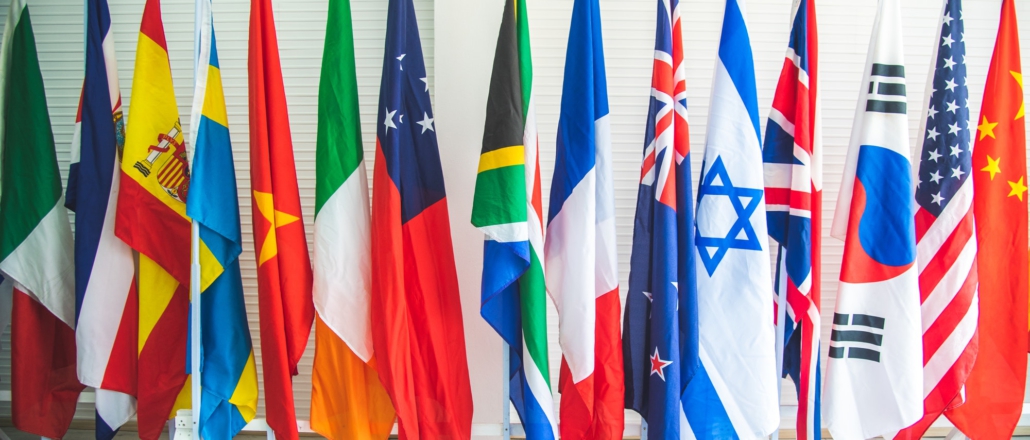LEGAL+ NEWS
In the case of Kathy Hummels, the Munich Regional Court (judgment of 29.4.2019, Ref. 4 HK O 14312/18) considers unpaid posts with product mentions to be obviously advertising and therefore not subject to labeling. This continues the legal confusion initiated by the Association of Social Competition (VSW) in the area of influencer advertising.
The judgment of the Munich Regional Court from 29.4.2019 (Ref. 4 HK O 14312/18)
In a ruling dated 29.4.2019, Munich Regional Court (case no. 4 HK O 14312/18) decided (source: press release 6/2019 dated 29.04.2019) that, in the case of influencers with a high profile such as Kathy Hummels, unpaid posts are also advertising. However, this is known to the target audience, which is why there is no labeling obligation. Accordingly, the Munich Regional Court dismissed the VSW’s claim.
The press release states:
“The court ruled that the defendant’s posts were not disguised advertising. It is true that the defendant acted commercially because it promoted the linked companies and its own company through the posts. However, in the opinion of the court, the defendant’s Instagram account made this clear to the relevant public.”
The Munich Regional Court emphasized that a case-by-case decision must always be made on the question of whether a post is recognizably advertising (= no labeling obligation) or not (= then subject to labeling). The press release states:
“The chamber emphasized that the recognizability of commercial activity must be examined in each individual case and that the decision should therefore not be generalized with regard to other bloggers or influencers. The decisive factors in this specific case included the number of followers of the defendant and the fact that it was a public, verified profile with a blue tick.”
Classification in the context of previous rulings on influencer advertising
The ruling of the Munich Regional Court continues the approving line of the Berlin Court of Appeal (ruling of 9.1.2019, Ref. 5 U 83/18). Contrary to the lower court, the Berlin Court of Appeal also ruled that in the Vreni Frost case, posts showing items of clothing, shoes and accessories etc. do not generally have to be labeled as advertising. The KG Berlin had stated:
“It can be assumed that websites such as the account operated by the defendant under “…” are visited because users are also interested in the clothes, shoes and accessories selected and combined by the blogger. The interest of the visitors is not limited to viewing pictures. Naturally, they are at least also interested in copying selections and combinations or finding inspiration for their own outfits. The information about the brand under which the presented products are offered and where they can be purchased answers an existing need for information.
The defendant’s explanation that she tags the depicted items of clothing, shoes and accessories in order to anticipate inquiries from visitors to her Instagram page therefore appears plausible. The defendant has also submitted examples of such requests (see Annex AG 21 to the defendant’s statement of May 23, 2018).
In this respect, nothing else applies than for fashion magazines, which contain corresponding information on manufacturers and sources of supply for the same reason (…).”
It should be noted that the Munich Regional Court continues the contradictory case law of German courts. It is becoming increasingly unclear whether and, if so, why or in which cases posts by influencers who present or mention products in their posts constitute advertising. The Munich Regional Court has added another aspect to the confusion by assuming advertising, but denying a labeling obligation if the presentation or the author of the post already makes the advertising character clear.

Conclusion
It is to be hoped that the BGH will take up all the aspects assessed by the courts of lower instances in its ruling, which is expected soon, and provide full clarity.

LATEST ARTICLES

Expert witness biased – can the court still use existing expert opinion?
In a ruling of practical relevance, the Federal Court of Justice clarified whether and in which cases the expert opinion of an expert declared to be biased may be used by the court.

Brief overview: Hague Convention on the Recognition and Enforcement of Foreign Judgments (“Hague Convention”)
LEGAL+ NEWS Brief overview: Hague Convention on the Recognition and

Enforcement of international jurisdiction agreements: What to do in the event of an action from abroad despite an exclusive jurisdiction agreement to the contrary?
In order to avoid costly and unpleasant legal disputes abroad, it is advisable to conclude exclusive jurisdiction agreements with foreign business partners which stipulate that only German courts have jurisdiction. However, it is not uncommon for the business partner to file a lawsuit in their own country in the event of a dispute, contrary to the jurisdiction agreement. In such cases, the question arises: What can be done to enforce international choice of court agreements?
CONTACT

+49 (40) 57199 74 80
+49 (170) 1203 74 0
Neuer Wall 61 D-20354 Hamburg
kontakt@legal-plus.eu
Benefit from my active network!
I look forward to our networking.
This post is also available in: DE

